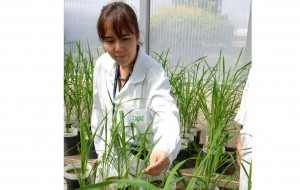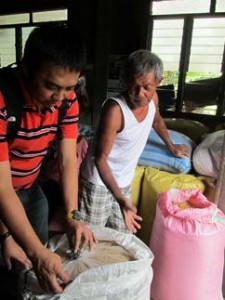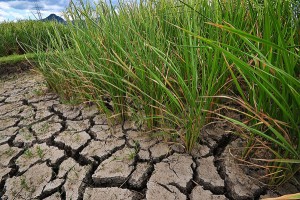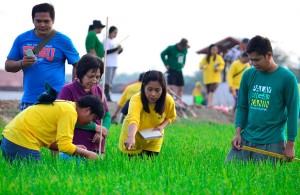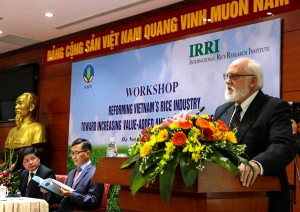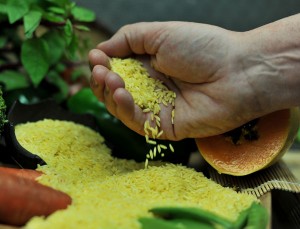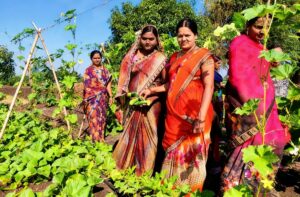
The International Rice Research Institute (IRRI) and Syngenta signed a cooperation agreement for the second phase of the Scientific Know-how and Exchange Program (SKEP II) today.
SKEP II will build on the successes of the program’s first phase and will include more marker development for rice breeding, crop health management research, and expanding into rice reproductive biology, plant architecture, and yield genes.
“For IRRI, collaboration with private companies is an important component for enhancing our impact and thus achieving our mission,” said Dr. Achim Dobermann, deputy director general for research at IRRI. “We have seen a lot of success already in collaborating on scientific issues and also in bringing new technologies to rice farmers in Asia.
“The new SKEP will be an integral part of the Global Rice Science Partnership,” he added. “It will also enable us to tackle several new exciting research areas in an effective public-private partnership mode.”
Launched in April 2010, SKEP I focused on characterizing the genetic diversity of rice, marker-assisted breeding applications, and dealing with rice productivity constraints.
In SKEP I, 24 genetic markers were developed for rice grain quality traits, and for tolerance of diseases such as bacterial leaf blight and stresses such as flooding.
These markers can help make breeding new rice varieties not only faster but also less costly because these tools can reduce the number of field trials required in rice breeding programs.
“We are very pleased to further collaborate with IRRI and share our complementary knowledge and expertise for the benefit of rice growers,” said Mr. Andrew Guthrie, Syngenta APAC regional director.
“The first phase of the SKEP generated a great amount of valuable experience and information,” he added. “We look forward to the greater scope of SKEP II and the results and opportunities it will bring.”

